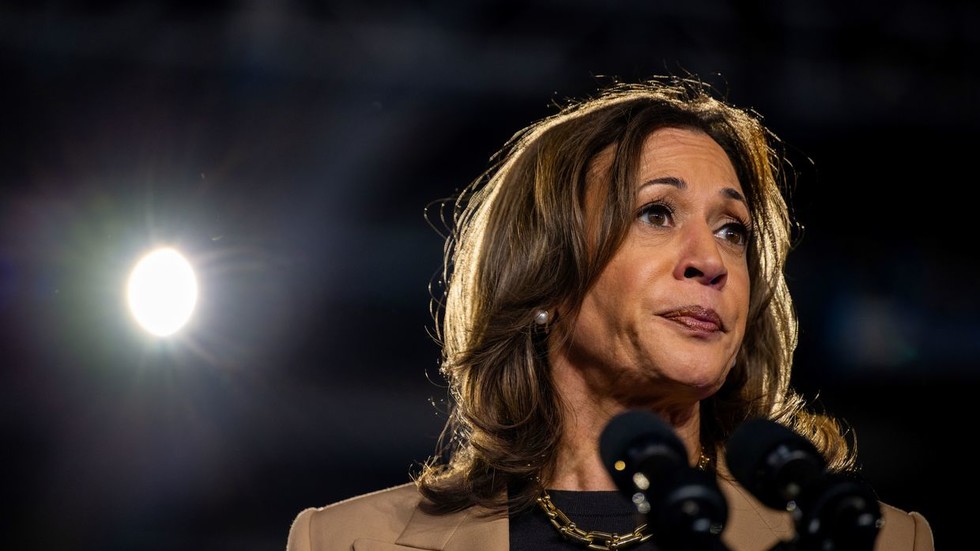In recent allegations against US Vice President Kamala Harris, accusations of plagiarism have surfaced regarding her 2009 co-authored book, “Smart on Crime.” The book, written while Harris served as the district attorney of San Francisco, is now under scrutiny for reportedly containing at least 24 passages lifted from various sources without proper citation. The investigation, led by plagiarism researcher Stefan Weber, highlighted these instances, claiming they reveal troubling aspects of Harris’s work and credibility. As a reported Democratic presidential contender, the controversy brings into question the integrity of her authorship and overall transparency.
Weber’s findings were notably backed by conservative activist Chris Rufo, who took to his platform to unveil certain sections of Harris’s book closely resembling other works, including direct quotes from Wikipedia and reports published by reputable organizations such as NBC News and the Bureau of Justice Assistance. In an era where originality and authenticity are increasingly prized, these allegations starkly contrast the expectations of public figures, especially those aiming for higher office. The existence of verbatim sections without proper attribution may not only damage Harris’s reputation but could also raise critical questions about the editorial practices surrounding her publication.
Rufo, along with other skeptics, has strongly condemned the apparent lack of citation, describing it as a breach of ethical writing standards. He argues that although Harris may have utilized a ghostwriter for the composition of her book, she holds ultimate responsibility for the content and any associated misconduct. The expectation of accountability for published works underscores the gravity of the allegations and calls for a reevaluation of Harris’s standing within political circles. Furthermore, there are growing concerns that these incidents might indicate a pattern of potentially irresponsible behavior that could overshadow her political aspirations.
In response to these allegations, Harris’s campaign has pushed back against the critiques, maintaining that proper citations were provided throughout “Smart on Crime.” The campaign argues that sources and statistics were sufficiently referenced in footnotes and endnotes, signaling an attempt to defend Harris’s integrity as an author and a politician. This defense suggests a commitment to transparency and ethical standards, albeit amidst rising skepticism surrounding the book’s content. However, the backlash raises critical concerns regarding how such incidents might influence public perception and the political landscape as a whole.
The narrative surrounding plagiarism, especially in the context of political figures, often extends beyond mere accusations of theft; it touches upon broader themes of trust and authenticity in leadership. As Harris campaigns for higher office, the implications of these allegations serve as a cautionary tale about the importance of credibility and ethics. Political rivals may seize this opportunity to question her professional competence and integrity, thereby complicating her position in an intensely competitive electoral environment.
As the political climate intensifies, the plagiarism allegations against Kamala Harris represent a pivotal moment for her campaign and public image. Whether these allegations will have lasting ramifications remains to be seen, but they undeniably highlight the necessity for ethical accountability among public figures. The ongoing discourse surrounding Harris’s work ultimately serves as a reminder of the critical importance of upholding standards of integrity in both writing and politics, especially for those seeking the highest offices in the land.

